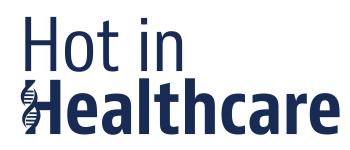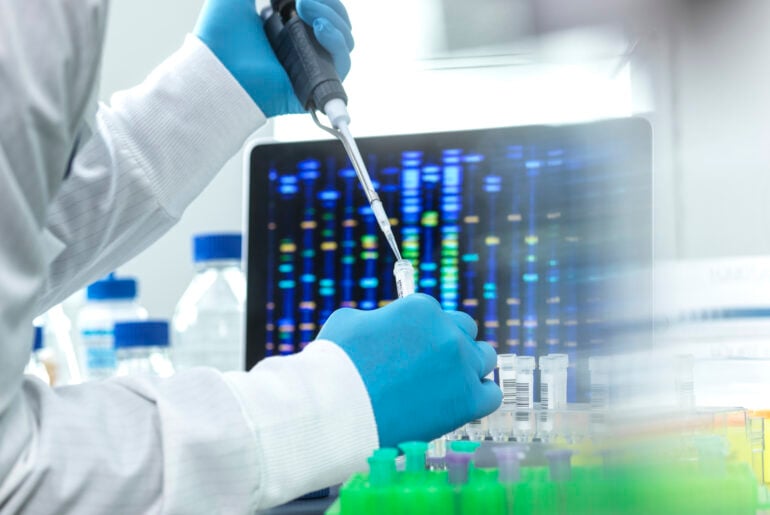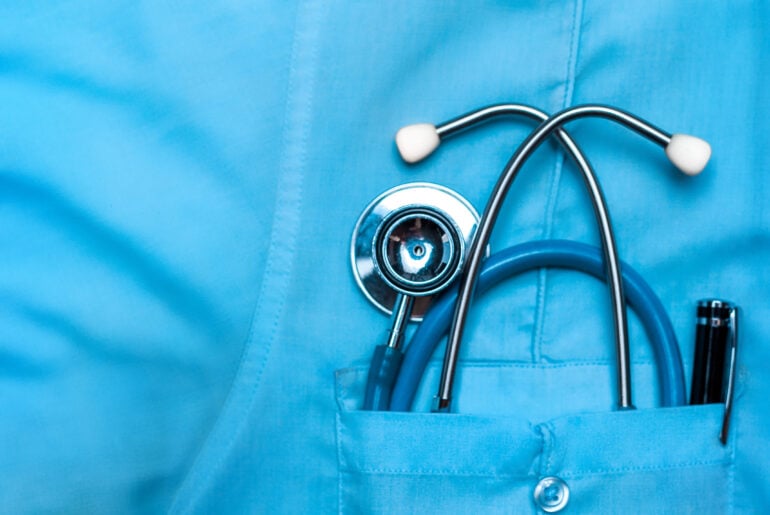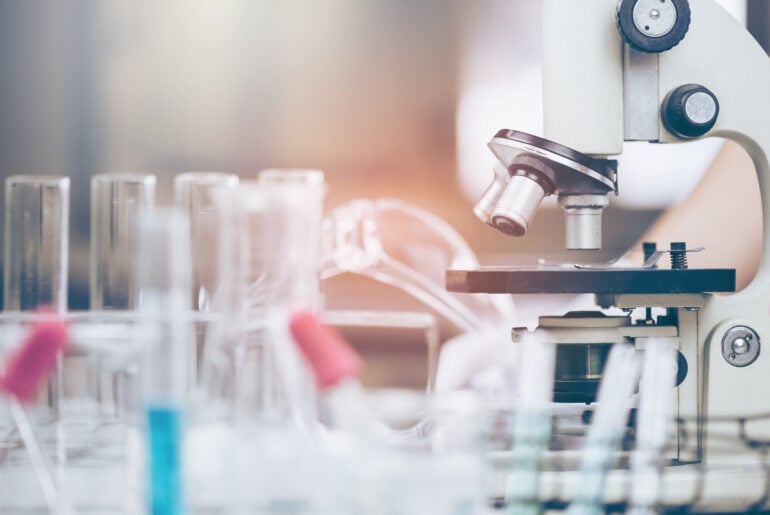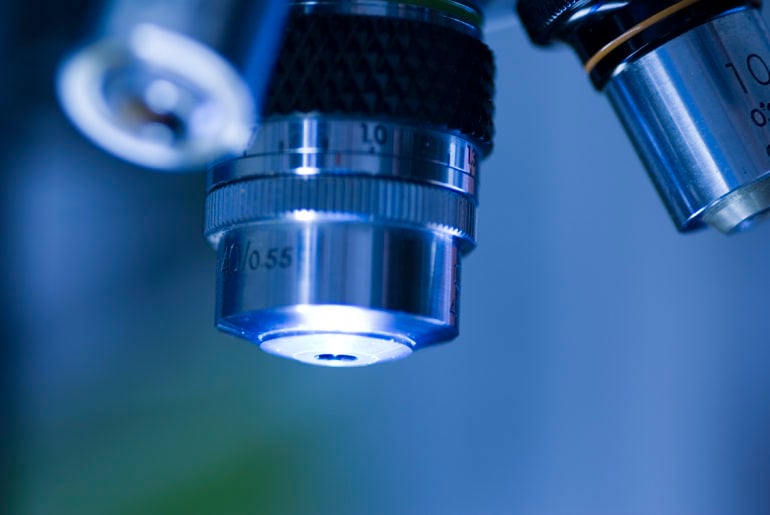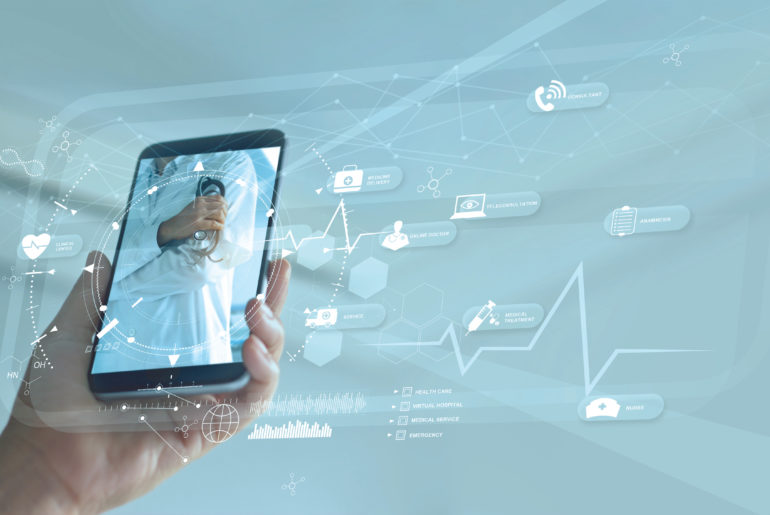Undertaking large, complex corporate reorganisation projects, such as spin offs, carve outs and other solvent group restructurings, always presents challenges to be considered, planned for and overcome. Some of those challenges are inherent to reorganisations in general but there are also those which stem from particular industry factors. Over the next three weeks, we will be focusing on the healthcare and life sciences industry and will, through a series of posts, highlight key considerations at…
At the end of last week, two European Parliament Committees published the latest version of the EU AI Act. The new draft reflects months of political wrangling, but it also demonstrates that EU legislators have listened to the (many) criticisms levied at the EU AI Act until now. So what’s new? We’ve set our top ten changes: So what’s next? European Parliament are scheduled to vote on the draft next month in June, and following this, the…
On 27 April 2023, the MHRA announced that the UK government intends to introduce legislation this spring that will extend the acceptance period of CE marked devices onto the Great Britain market. The MHRA’s announcement has provided much needed. This statement made by the MHRA is an update to their announcement made on 28 March 2023, on which we previously blogged. This is a very welcome step from the MHRA after what has been a…
On 15 March 2023 (Regulation (EU) 2023/607), the EU extended both the transition period for the EU Medical Device Regulations (EU MDR) and the validity of CE mark certificates. The new arrangements give manufacturers more time than previously anticipated to get their medical devices certified and they recognise the capacity challenges faced by notified bodies. Higher-risk devices now have until 31 December 2027 to ensure that they comply with EU MDR requirements and medium to…
In brief Royal Decree 192/2023 on Medical Devices, which adapts Spanish national regulations to the provisions of Regulation (EU) 2017/745, was published on March 22. The new Royal Decree identifies the competent authority in Spain for medical devices, expands the scope of some of the provisions to new kinds of products and introduces provisions regarding the manufacture of in-house products and the reprocessing of single-use products, among other significant changes. In more detail The new…
In brief The amendment to the Medical Device Regulation 2017/745 (MDR) and the In Vitro Medical Device Regulation 2017/746 (IVDR) has been published and enters into force immediately (20 March 2023). What does this mean for your organisation? The amendment extends transitional periods under the MDR for legacy devices (if manufacturers act now) and removes the “sell-off” date under the MDR and IVDR. We’ve set out our top four takeaways below: 1. New extended transitional…
The European Union’s draft AI Act is an ‘early-mover’ in the arms race towards a global blueprint for AI regulation. In December 2022, the European Council approved a compromise version of the AI Act, and next month, the European Parliament is scheduled to vote on the draft text. But despite its initial promise, the AI Act increasingly resembles the circumstances of its conception – a complex, one-time political compromise between thousands of MEPs with wildly differing views.…
The EU Whistleblowing Directive (the WBD) was due to be implemented across the 27 member states by 17th December 2021. There are a few major markets which have yet to implement (11 member states in total). But, with those that have implemented, we now have a good feel for the challenges the WBD poses for global employers. The WBD has an admirable underlying objective – to provide pan-EU protection against retaliation for whistleblowers. But…
In brief On 10 November 2022, the National Coordination Centre for Ethics Committees (“Centre”) published the updated versions of the “Contract for the performance of clinical trials on medicines,” the “Contract for the performance of independent clinical trials on medicines” and the “Contract for the performance of clinical investigations on medical devices that are not CE marked or CE marked but used outside their intended use.” Key takeaways In particular, the updates relate to: (i)…
In brief On 1 December 2022, Implementing Regulation EU 2022/2347 on the reclassification of groups of certain active medical devices without an intended medical purpose, as listed in Annex XVI to Regulation EU 2017/745, was published in the Official Journal of the EU. Key takeaways The Implementing Regulation introduces an exception to the general rule, according to which active devices that are not included in a particular risk class according to the classification rules fall…
